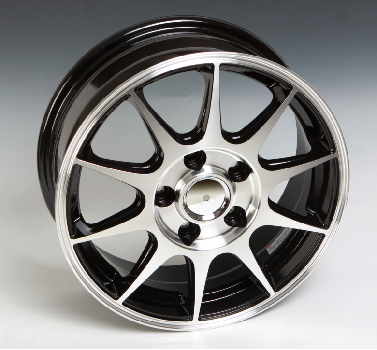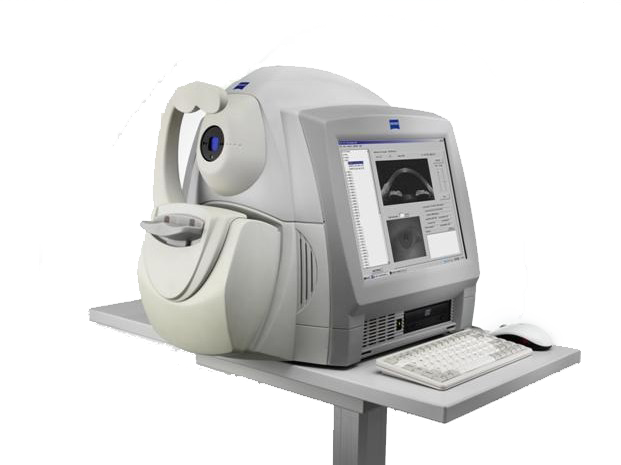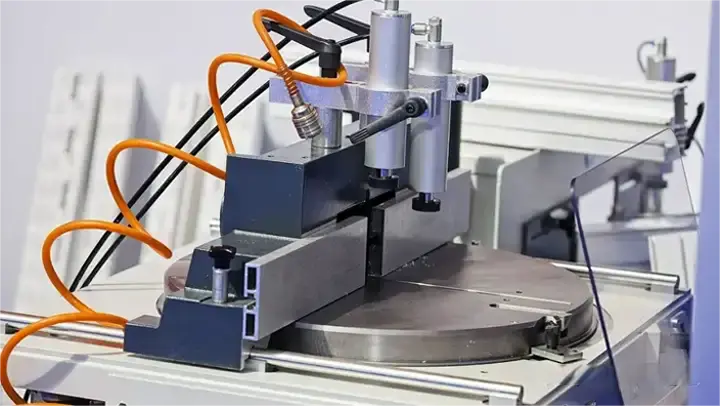- May 29, 2024
Computer Numerical Control (CNC) processing has revolutionized the manufacturing industry by providing precision, efficiency, and versatility in production. This advanced technology allows machines to follow complex instructions, enabling the creation of intricate parts and products with a high degree of accuracy. Here, we will explore six major industries that rely heavily on cnc manufacturing processing to maintain their competitive edge and drive innovation.
1. Automotive Industry
The automotive industry is one of the most prominent users of CNC technology. CNC machines are used extensively in the production of engine components, transmission systems, and chassis parts. The precision and repeatability of CNC machining ensure that parts are manufactured to exact specifications, which is crucial for the performance and safety of vehicles. Additionally, CNC technology helps in the rapid prototyping of new car models, accelerating the design and development process.

2. Aerospace Industry
Precision is paramount in the aerospace industry, where the quality of components can directly impact the safety and performance of aircraft. CNC machining is used to produce complex and lightweight parts from a variety of materials, including aluminum, titanium, and composites. From intricate engine parts to the structural components of an aircraft, CNC technology plays a vital role in meeting the stringent requirements of this industry.
3. Medical Industry
The medical industry relies on CNC machining service for the production of high-precision instruments and devices. Surgical tools, dental implants, and prosthetics are often made using CNC technology to ensure they meet the exacting standards required for medical use. The ability of CNC machines to work with various materials and produce parts with tight tolerances makes them indispensable in this field.

4. Electronics Industry
The electronics industry benefits from cnc manufacturing processing in the manufacturing of intricate components and housings for electronic devices. The miniaturization and complexity of electronic parts necessitate the use of CNC machines to achieve the required precision. From circuit boards to smartphone cases, CNC technology is instrumental in keeping up with the rapid pace of innovation in this sector.
5. Defense and Military Industry
The defense and military industries require robust and reliable equipment, often made from durable materials and designed to withstand harsh conditions. CNC machining is used to produce parts for military vehicles, aircraft, and weaponry with the precision and consistency needed for these high-stakes applications. The technology also supports the production of specialized equipment for defense systems.
6. Tool and Die Industry
At the heart of many cnc manufacturing processes are the tools and dies used to shape and form parts. The tool and die industry is heavily dependent on CNC machining to produce molds, jigs, and fixtures with the exact dimensions required for mass production. CNC technology allows for the creation of complex geometries that would be difficult or impossible to achieve with manual methods.
The Role of CNC in Industry
CNC processing is not just a tool for manufacturing; it is a catalyst for innovation across various industries. The ability to quickly and accurately produce complex parts allows companies to bring new products to market faster, respond to changing consumer demands, and maintain a competitive edge.
Advantages of CNC Processing
- Precision: CNC machines can produce parts with tolerances that are far tighter than those achievable with manual machining.
- Efficiency: Automated processes reduce the time and labor required for production, leading to cost savings and increased throughput.
- Complexity: CNC machines can handle complex geometries and designs that would be challenging for traditional machining methods.
- Repeatability: The consistency of CNC machining ensures that every part produced meets the same high standards.
- Material Flexibility: CNC machines can work with a wide range of materials, from metals to plastics to composites.
Challenges and Future Trends
While CNC technology offers numerous benefits, it also presents challenges such as the need for skilled operators, high initial investment costs, and the requirement for ongoing maintenance and upgrades. Looking ahead, the integration of CNC with other advanced technologies like robotics, additive manufacturing, and Industry 4.0 will further enhance the capabilities of CNC processing, leading to smarter and more interconnected manufacturing environments.
The reliance on CNC processing by these six major industries underscores its importance in modern manufacturing. As technology continues to advance, the role of CNC machines is likely to expand, driving further innovation and efficiency across a wide range of sectors. The future of manufacturing is intricately linked with the capabilities of CNC technology, and as it evolves, so too will the industries that depend on it for their success.


